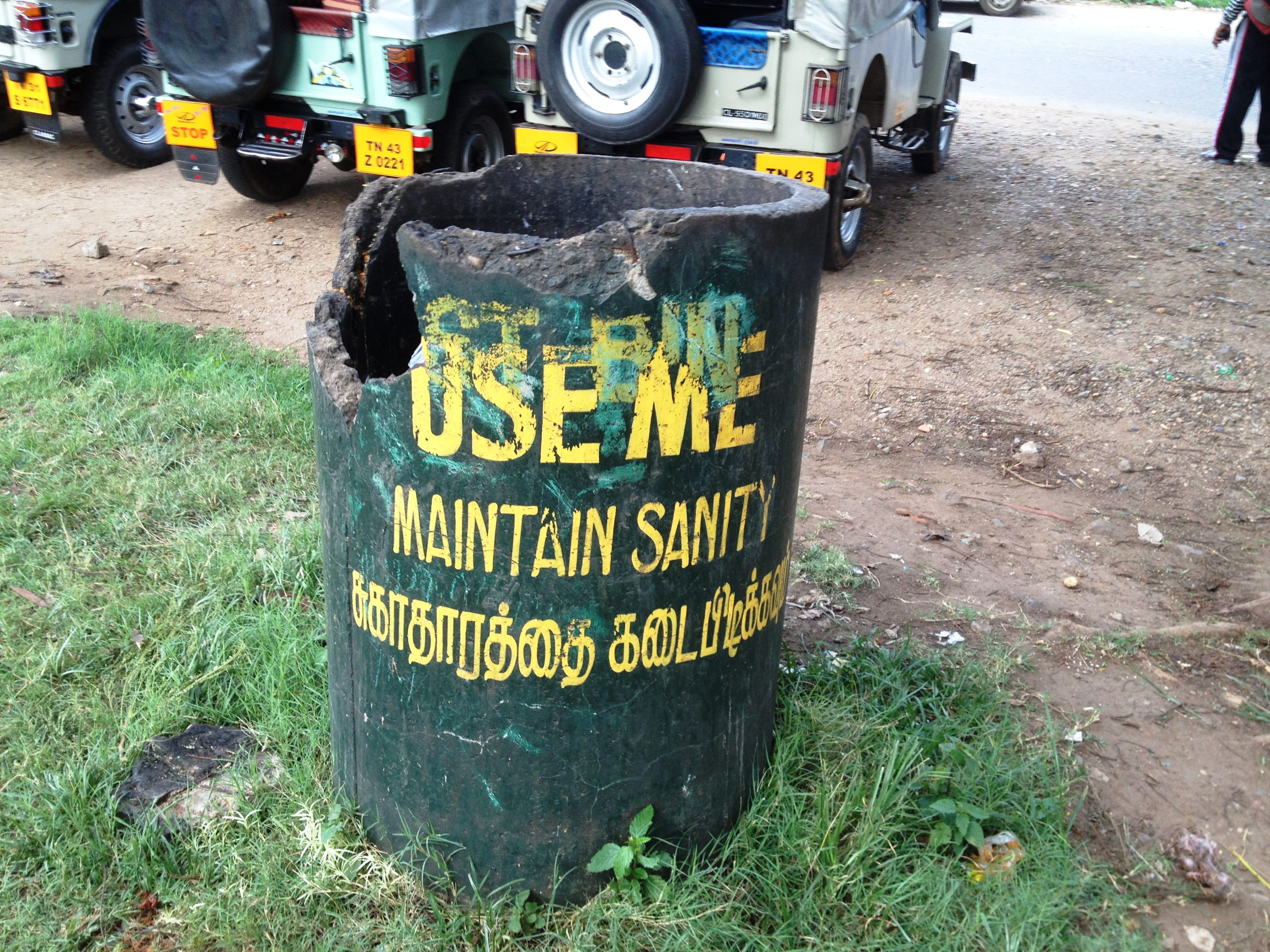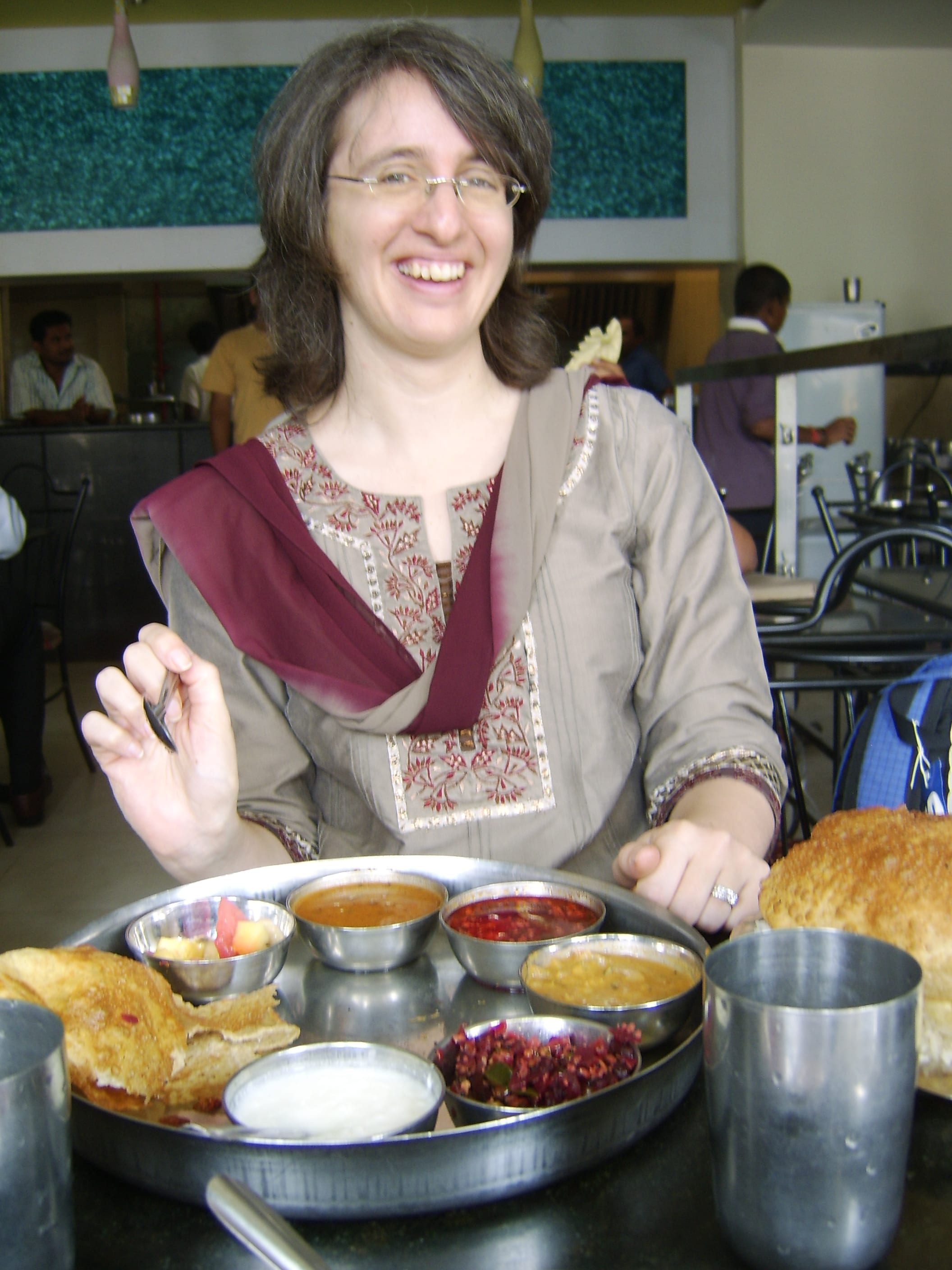 What is the most dangerous word in the English language? The word “should.” Why? Because the word separates us from reality. Allow me to explain.
What is the most dangerous word in the English language? The word “should.” Why? Because the word separates us from reality. Allow me to explain.
In the world of global business, many companies are sending employees overseas for a three to five year stay in places like China, India, Germany, and the United States. A move abroad is a big and overwhelming life change, to say the least. When you arrive in your host country you have to contend with the logistical and emotional aspects of an expat assignment, everything from finding a dry cleaner to missing the people you left behind.
Imagine that you have lived in China for one year. You’ve settled in, you know how to take the metro to work, and you’ve accepted your new country as home. In other words, you feel normal. Then one day you wake up and you hate China. You’re grumpy from the moment you get out of bed and the thought of dumplings for breakfast makes you dread leaving the house. Everything on the street annoys you, the drivers, the people, everything.
At this point you stand at a fork in the road:
Either you can start in on the shoulds and shouldn’ts or you can be in the moment as it is.
Let’s look at both choices. If you take the should fork, your suffering increases immediately. Not only are you grumpy and annoyed, but now you are feeling bad for feeling bad!
You say to yourself, “I’ve been here for a year. I shouldn’t feel this way anymore! I must be a wimpy expat. I’m obviously not very brave. I don’t even want to leave the house! This was okay nine months ago when I first arrived, but not now.”
You think that by accepting your feelings as they are, you will be passive and unable to resolve your problems. So you tell yourself to get over it and force your emotions into something more acceptable.
Now let’s look at the other fork in the road. Imagine that you come home from India after three months. You get over your jet lag in a week or so, but a feeling of malaise remains. After a month at home you find yourself still feeling isolated and lonely, but you don’t know why.
Sure, you could should yourself all over the place. “I was only gone three months; I should be back into my normal routine by now!”
Or, you could be okay with what is. You could be aware of your physical, mental, and emotional state. Then, you could accept it. The only reason your way of being is not okay is because you had an expectation to feel otherwise. I know people from other countries who have lived in the United States for twenty years and still feel cultural confusion. That would only be negative if they believed they shouldn’t feel that way anymore.
expectation to feel otherwise. I know people from other countries who have lived in the United States for twenty years and still feel cultural confusion. That would only be negative if they believed they shouldn’t feel that way anymore.
When expats hold their emotions up to a prescribed set of rules and expectations about the move abroad or the return home, they will be swimming against the tide. If you relax into what is, you learn to ride the waves with ease. Some days are just filled with homesickness or irritation. You don’t even have to have a valid reason why you dislike your host country that day. Just accept it.
Once you practice a high level of awareness and acceptance, you naturally begin to move on from that state. If you rest in knowing that your experience is what it is, you will be in the moment. When you are in the moment you are far more likely to find a creative solution to what is bothering you.
But honestly, 80% of the time or more you just need to let those feelings run their course. Trust yourself. You will know the difference. If negative feelings linger for weeks without variation, it might be time for some coaching or other action.
Another benefit of the acceptance method is that expats allow their family members to deal with culture shock in their own time, rather according to what the assignee thinks the family should be like.
What kinds of shoulds are going on in your global business or intercultural interactions? Do you feel one of your team members or customers should be behaving a certain way? Well, they aren’t. They are behaving the way they are behaving. Start with what is and you will struggle less, opening yourself up to so many possibilities.
What are your shoulds? How do they affect you?
Enjoy your day, especially this moment right now!
For more on the Zen approach to culture, stayed tuned for our upcoming book Zen and the Art of Offshoring.






Vicki,
I appreciate your thoughts, and I share this experience, both the feelings that arise while an expat, and how I deal with them in this manner you suggest here. I just completed a year living in Bangalore (loved it) and now I’m in São Paulo, Brasil. I totally relate to feeling “normal,” only to awake the next day and hate everything… from the traffic to the rickshaw drivers, etc. But I have learned to observe and accept the feelings, knowing they will pass. And of course, I almost cried when I left Bangalore, and now I do miss it (most of it anyway… ). Thanks for sharing. I always enjoy reading your articles.
Luis
Luis, thank you so much for sharing your experience. What a great opportunity you had to live in Bangalore. I really miss it as well. I find myself still dreaming about it many nights and remembering the little things, like the animals in our neighborhood and the activity on the street outside our apartment. It does seem that the acceptance method is the most effective for being in the moment and not fighting our experience. The sadness is just as much a part of life abroad as is happiness. Thanks again for sharing and for reading my blog. I love to explore these issues with readers.